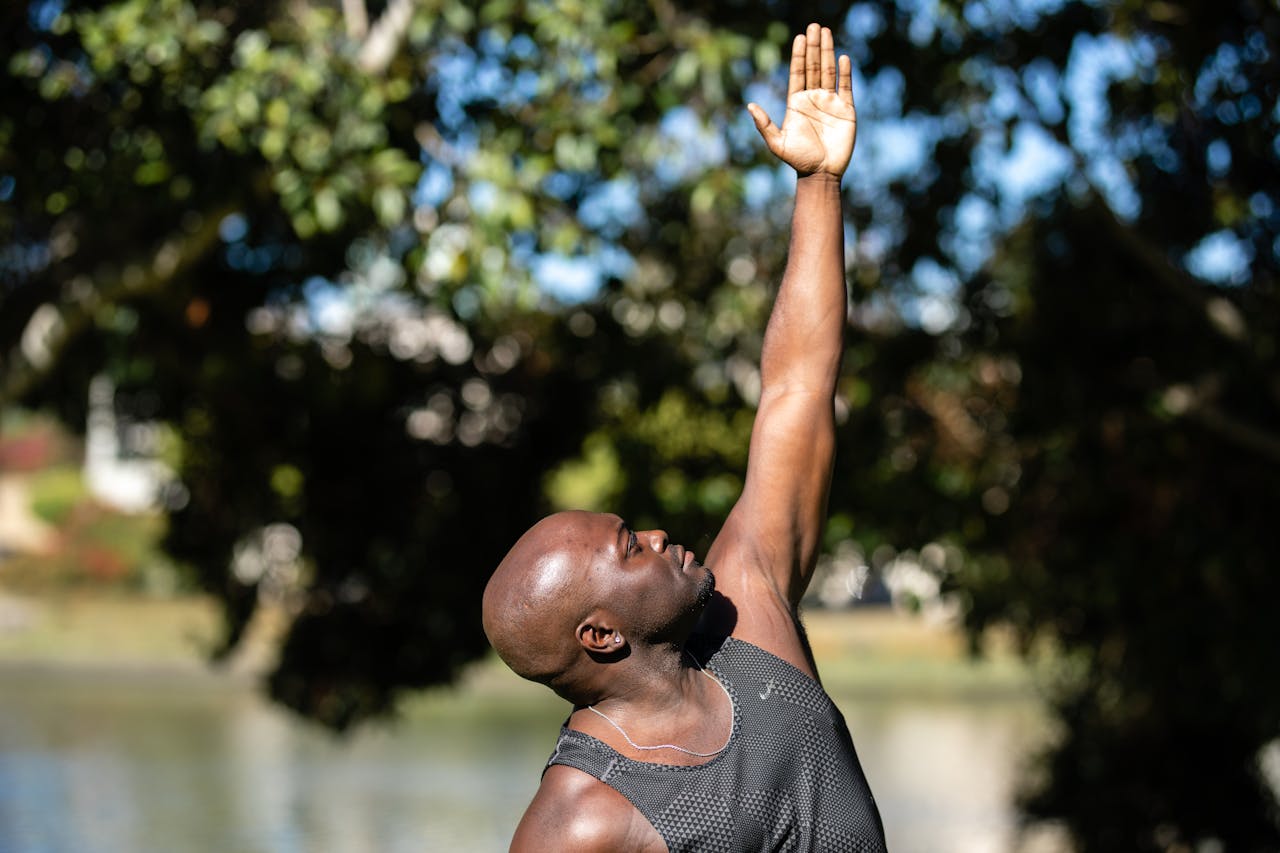
Reaching peak performance is a common objective in today's fast-paced world, whether it's accomplishing personal milestones, prospering academically, or flourishing in a professional sector. While many tactics and resources can be useful, Cognitive Behavioural Therapy (CBT) is particularly effective at maximizing performance because it addresses the mental and emotional obstacles that frequently prevent us from reaching our full potential.
What is CBT?
CBT is a well-researched, empirically supported type of psychotherapy that emphasizes how ideas, emotions, and behaviours are interconnected. CBT, which was created by Dr. Aaron Beck in the 1960s, assists people in recognizing and challenging unfavourable thought patterns and beliefs to replace them with more sensible and constructive ones. This mental change has the potential to significantly improve behaviour and emotional control.
The Relationship Between Peak Performance and CBT
Achieving peak performance requires not only technical proficiency and physical prowess but also emotional stability and mental toughness. Here’s how CBT can help you achieve your highest potential:
- Recognizing Negative Thought Patterns: Cognitive Behavioural Therapy (CBT) assists people in identifying and addressing negative thought patterns that erode self-worth and drive. For example, negative ideas such as "I'm not good enough" or "I'll never succeed" can be recognized and reorganized into more positive ones.
- Improving Concentration and Focus: People can learn to control distractions and sustain a high level of focus by using CBT strategies like mindfulness and cognitive restructuring. This is essential for tasks requiring precise concentration over an extended period.
- Developing Resilience: CBT provides coping mechanisms for handling failures and setbacks. People can see setbacks as chances for growth instead of insurmountable hurdles by cultivating a growth mindset.
- Enhancing Emotional Control: Negative emotions that affect performance include anger, worry, and self-doubt. CBT gives people the skills to control these feelings, enabling them to remain calm and rational in stressful situations.
Setting and Reaching Goals: Cognitive Behavioural Therapy (CBT) places a strong emphasis on the value of creating attainable goals. People can monitor their progress and maintain motivation by dividing more ambitious goals into smaller, more achievable steps.
Useful CBT Methods for Optimal Outcomes
To improve your performance, you can start implementing these CBT strategies:
- Thought Logs: Maintain a notebook to record your negative thoughts and the circumstances that give rise to them. Examine the arguments for and against these ideas, as well as other viewpoints, to refute them.
- Cognitive restructuring is the process of substituting realistic, upbeat ideas for pessimistic ones. For instance, reframe the thought to be, "I can handle this challenge with effort and practice," rather than, "I can't do this."
- Behavioural Activation: Even when you don't feel like it, take part in activities that support your objectives and core values. This may enhance motivation and mood.
- Techniques for Mindfulness and Relaxation: Techniques for lowering stress and enhancing attention include gradual muscle relaxation, deep breathing, and mindfulness meditation.
- Establish goals that are Time-bound, Specific, Measurable, Achievable, and Relevant (SMART) goals. This process aids in defining specific, reachable goals.
In summary, achieving peak performance is a holistic endeavour that requires addressing both the physical and mental aspects of our capabilities. Cognitive Behavioural Therapy helps you optimize mental resilience, emotional regulation, and focused action. By integrating CBT techniques into your daily routine, you can overcome mental barriers, enhance your performance, and reach new heights in your personal and professional life.

